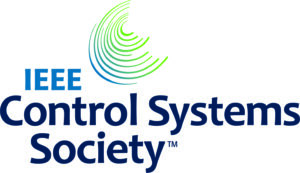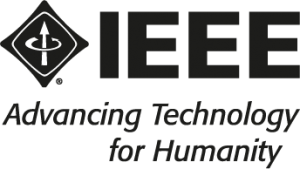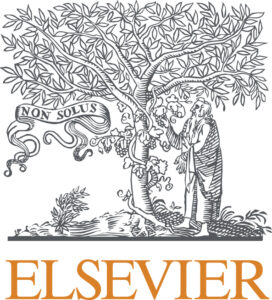Time and date: Monday, December 13, 16:45-17:45 UTC
Organizers: Prof. Anu Annaswamy and Prof. Aranya Chakrabortty
Speakers:
- Professor Pramod Khargonekar
- Professor Magnus Egerdstedt
- Professor Aranya Chakrabortty
- Professor Masayuki Fujita
- Professor Mathukamalli Vidyasagar
- Professor Tryphon Georgiou
- Professor Anu Annaswamy
Abstract:
A special session is planned to honor the memory of our dear colleague Kishan Baheti, who passed away in March 2021.
Kishan Baheti has made indelible contributions towards the impact and outreach of control theory and technology to the scientific community at large through his role as a Program Director at the US National Science Foundation. These contributions ranged from control theory and fundamentals of neural networks to Cyber Physical Systems and robotics. Leaders in these areas will talk about these fields and topics that Kishan helped spawn and ardently supported. Please join us in celebrating his memory and contributions to the controls community at large. If you have a particular anecdote to share, please send a note (less than 200 words) to Anu Annaswamy ([email protected]) or Aranya Chakrabortty ([email protected]). We will add it to a video-collage that we are planning to play at the end of the session.
Time: Wednesday, December 15, 12:00-13:00 and 17:30-18:30 UTC
Location: Spatial Chat – Links will be provided through the conference platform
Organizer and Moderator: Giulia Giordano, University of Trento, Italy
Building on the success of the past several events, the 2021 CDC will feature an entirely virtual “Meet the Faculty Candidates” poster session on Spatial Chat. This poster session will be split in two parts to facilitate participation of candidates and recruiters in different time zones. This is a great opportunity for faculty, search committee members, and recruiters to speak directly with current graduate students and postdoctoral researchers who are seeking faculty positions.
Faculty candidates, registered for the conference, are invited to register for this poster session and upload their poster by completing this online registration form by December 10th, 2021.
Note that being logged in a Google account is necessary to fill out the form. You need to upload a pdf file that contains only one page of your poster. Its format should be landscape (not portrait), A0 size with at least 45 font size. Since the zooming-in ratio on Spatial Chat is limited, it is important that your font size is not too small!
Presenters will likely be more successful providing high-level discussions of their work such as motivation, strategies, unique insights, rather than narrow mathematical detailed discussions, unless asked specifically for those details. Presenters are also encouraged to bring copies of their CV for distribution. In case you have questions, or problems filling out the form, please contact Giulia Giordano ([email protected]).
Recruiters: Meet great faculty candidates! If you are looking for brilliant and dynamic candidates, feel free to visit! No registration is needed.
Time: Thursday, December 16, 2021, 17:30 – 18:30 UTC
Speakers:
- Dr. Stefano Di Cairano
- Dr. Avishai Weiss
- Dr. Karl Berntorp
- Dr. Rien Quirynen
- Dr. Abraham Vinod
- Dr. Marcel Menner
Abstract:
Mitsubishi Electric Research Laboratories (MERL) is a leading research organization located in Cambridge, Massachusetts, USA that conducts fundamental research for industrially motivated problems. MERL is a subsidiary of Mitsubishi Electric Corporation, a $40B global manufacturer of a wide range of products including industrial robots, automotive electronics, HVAC systems, factory automation equipment, electrical power systems, elevators, satellites, and information visualization systems. MERL is an active and collaborative member of both the academic and industrial communities. MERL researchers collaborate with corporate laboratories and business units in Japan, as well as with academic partners from around the world to develop novel solutions to challenging problems. Several groups and researchers at MERL develop new theoretical results in control and systems theory, robotics, autonomy, optimization, and learning, and apply them to a wide variety of products and applications.
In this talk we will present an overview of research activities at MERL, including fundamental research in control and its application to a variety of future products. We will focus on fundamental research topics including model predictive control and the control of constrained systems, estimation and motion planning for autonomous systems, real-time optimization and integration of learning and control methods. Then, we will describe how these fundamental research areas have impacted real world applications and products such as autonomous vehicles, energy-efficient HVAC systems, high-precision manufacturing, and spacecraft guidance and control.
We encourage students and researchers interested in collaborating with MERL to attend this talk and inquire of opportunities.











